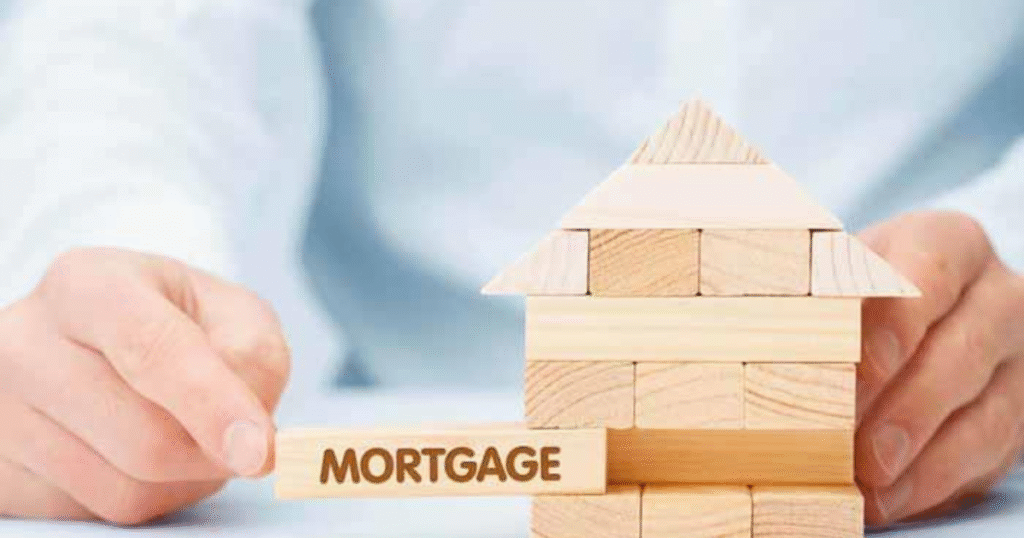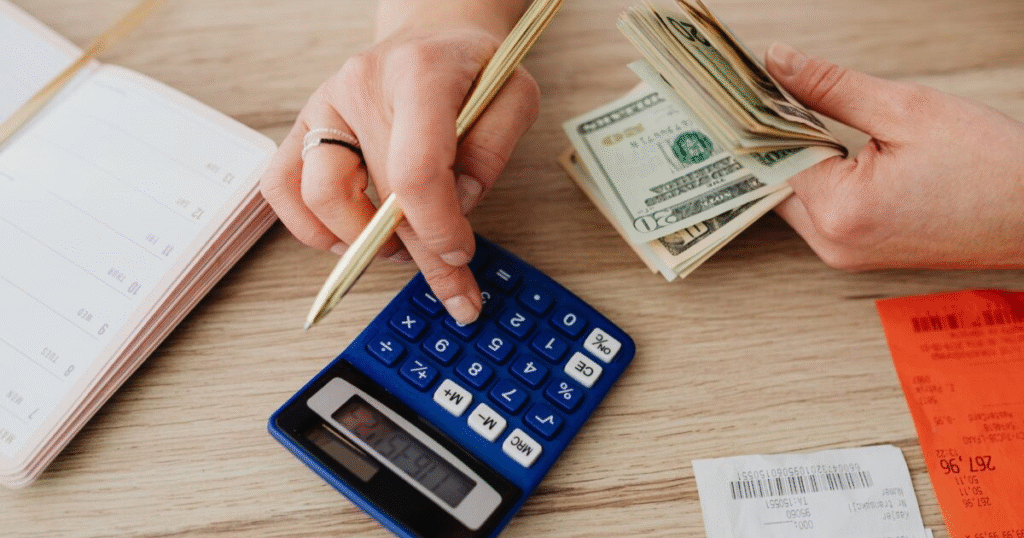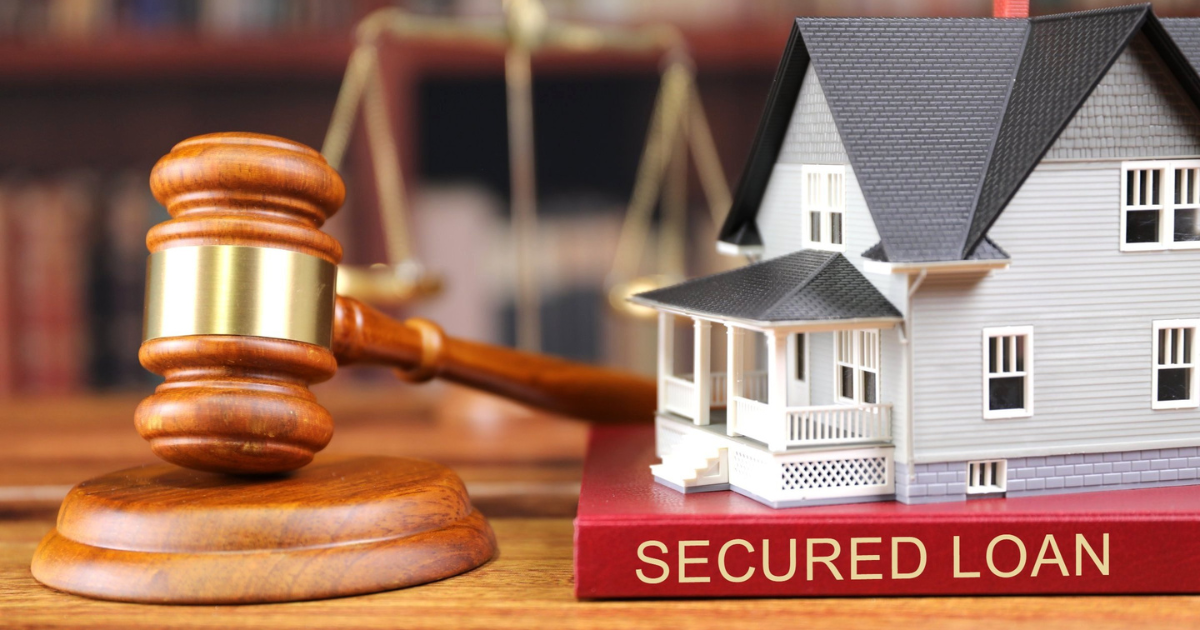Understanding financial products like loans is essential for anyone looking to borrow money responsibly. One of the most common types of loans is a secured loan. Whether you’re financing a car, buying a home, or consolidating debt, it’s important to understand how secured loans work, their pros and cons, and how to determine if one is right for you. This guide breaks down secured loans in beginner-friendly terms.
What Is a Secured Loan?
A secured loan is a loan that requires the borrower to provide collateral—an asset of value that the lender can seize if the borrower fails to repay the loan.
Common Examples of Secured Loans
- Mortgage: The house itself serves as collateral.
- Auto Loan: The vehicle is used as collateral.
- Secured Personal Loan: Collateral can be savings accounts, CDs, or other assets.
How It Works
When you apply for a secured loan, the lender assesses your creditworthiness and the value of the collateral. If approved, you receive the funds with the agreement that if you default, the lender can claim the collateral to recover the loss.
Key Features of Secured Loans
Collateral Requirement
The primary characteristic of a secured loan is that it requires a valuable asset to secure the loan. This reduces the lender’s risk.
Lower Interest Rates
Since secured loans are less risky for lenders, they often come with lower interest rates compared to unsecured loans.
Higher Borrowing Limits
Because there’s collateral involved, lenders are typically more willing to offer larger loan amounts.
Longer Repayment Terms
Secured loans often have longer repayment periods, especially in the case of mortgages and auto loans.
Types of Secured Loans
Mortgage Loans

A mortgage is a secured loan specifically for purchasing property. The property itself acts as the collateral.
Auto Loans
These loans are used to buy a car, which then serves as the collateral.
Secured Personal Loans
These loans can be used for various purposes and are backed by different types of collateral, like savings accounts or certificates of deposit.
Home Equity Loans and HELOCs
These are loans or lines of credit that use the equity in your home as collateral.
Secured Credit Cards
These cards require a cash deposit as collateral, often used by those with poor or no credit to build a credit history.
Pros and Cons of Secured Loans
Advantages
- Lower Interest Rates: Due to reduced lender risk.
- Larger Loan Amounts: Especially for high-value purchases.
- Easier Approval: Good for those with poor or limited credit.
- Longer Repayment Terms: Makes large loans more manageable.
Disadvantages
- Risk of Losing Collateral: If you default, the lender can seize the asset.
- Longer Application Process: More documentation is required to evaluate collateral.
- Potential for Over-Borrowing: Easy access to large sums can tempt borrowers to take on more than they can afford.
Secured Loan vs. Unsecured Loan
What Is an Unsecured Loan?
An unsecured loan doesn’t require collateral. Approval is based primarily on your creditworthiness.
Key Differences
| Feature | Secured Loan | Unsecured Loan |
|---|---|---|
| Collateral Required | Yes | No |
| Interest Rates | Lower | Higher |
| Approval Odds | Higher (with collateral) | Based on credit score |
| Loan Amount | Higher potential | Typically lower |
| Risk to Borrower | Risk of losing asset | No collateral at risk |
When to Consider a Secured Loan
Good Credit but Need Better Terms
Even with good credit, you might prefer a secured loan to take advantage of lower rates and higher amounts.
Poor or Limited Credit History
If you’re struggling to get approved for an unsecured loan, a secured loan might be easier to obtain.
Need for a Large Loan
For major purchases like a car or home, secured loans are often the only feasible option.
Looking to Build Credit
Using a secured credit card or loan responsibly can help improve your credit score over time.
How to Get a Secured Loan
Step 1: Assess Your Financial Needs

Determine how much money you need and whether you have suitable collateral.
Step 2: Check Your Credit Report
While collateral is important, lenders will still review your credit history.
Step 3: Shop Around for Lenders
Compare terms from banks, credit unions, and online lenders.
Step 4: Prepare Documentation
Be ready to provide:
- Proof of income
- Details about your collateral
- Personal identification
- Credit information
Step 5: Apply and Review Terms Carefully
Understand interest rates, repayment schedule, and what happens if you miss a payment.
Step 6: Use Funds Responsibly
Stick to a repayment plan and avoid borrowing more than you need.
Risks and Precautions
Risk of Losing the Collateral
Failure to repay the loan could result in the loss of your home, car, or savings.
Overextending Your Finances
Taking on a large loan can lead to financial stress if your income changes.
Hidden Fees and Fine Print
Read the terms carefully to avoid surprises like prepayment penalties or balloon payments.
Building and Repairing Credit with Secured Loans
How They Help Your Credit
Timely payments on secured loans are reported to credit bureaus, helping build or rebuild your credit score.
Using Secured Credit Cards
A small deposit can open a line of credit. Making regular payments improves credit without a significant financial risk.
Avoiding Pitfalls
Don’t borrow more than you can afford. Avoid late payments that can hurt your credit.
Also Read: Step-by-Step Guide To The Loan Approval Process
Conclusion
Secured loans can be a powerful financial tool when used responsibly. They offer lower interest rates, better loan terms, and an opportunity to build credit. However, they also come with the risk of losing valuable assets. By understanding how secured loans work, evaluating your financial situation, and comparing lenders carefully, you can make informed decisions that support your long-term financial health. Whether you’re financing a major purchase or building your credit history, a secured loan could be a smart step forward.
FAQs
1. Is a secured loan easier to get than an unsecured loan?
Yes, lenders are more likely to approve secured loans because they carry less risk due to the collateral.
2. What happens if I default on a secured loan?
The lender can seize the collateral to recover the debt. This could mean losing your home, car, or savings.
3. Can secured loans improve my credit score?
Yes, if you make timely payments, secured loans can help build or improve your credit history.
4. Are secured loans available to people with bad credit?
Yes, many lenders offer secured loans to individuals with poor credit, though the terms may vary.
5. What types of assets can be used as collateral?
Common forms of collateral include real estate, vehicles, savings accounts, and certificates of deposit.





